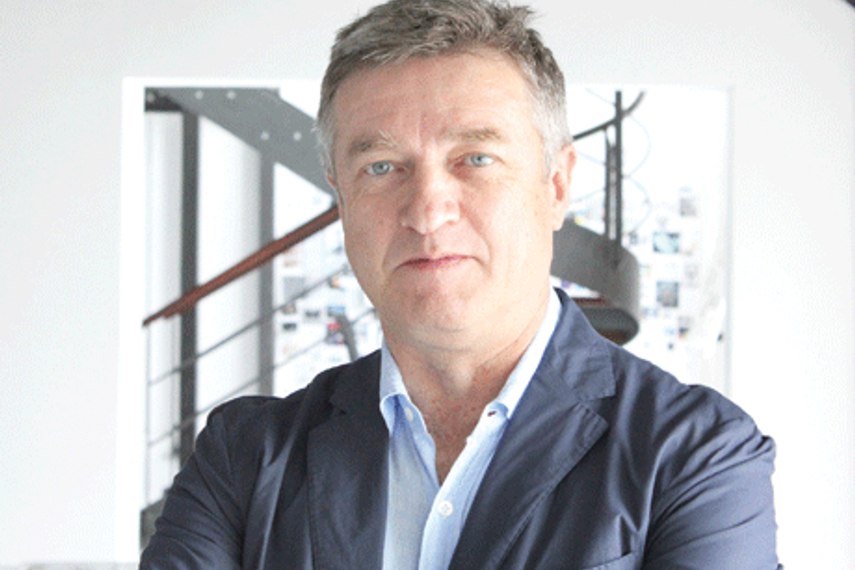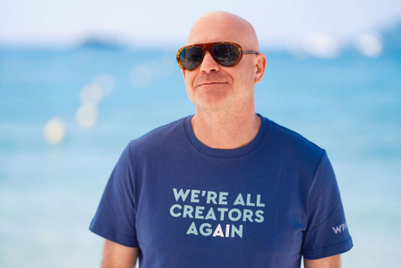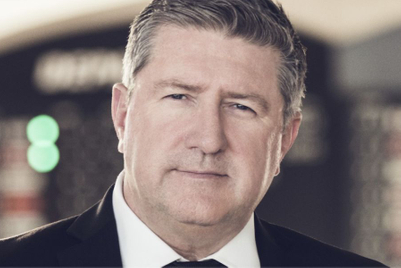
Headquartered in London and with offices in New York and Dubai, Wolff Olins -- an Omnicom-owned brand consultancy—has been making waves in India with its work on Airtel, Tata Docomo, Hinduja-Ashok Leyland and most recently Hero MotoCorp.
Riding high on the new found popularity in India, Charles Wright, managing director, Wolff Olins, is upbeat about the agency’s future in the country. “After Tata Docomo, we are getting a lot of work through word-of-mouth and should be able to talk about some new interesting projects we are doing by the end of the year.”
When asked if Omnicom’s acquisition of a majority stake in Mudra will mean a wind-fall for Wolff Olins in terms of automatic access to all of Mudra’s client rosters, Wright said, “There is nothing automatic at Omnicom; all agencies are autonomous and at times even independent. We are encouraged to collaborate or compete depending on the nature of business. That said, with Mudra and Water as our cousins now, there are a lot of core competencies we can build on and I intend to go and meet the concerned people soon.”
Wolff Olins, being a brand consultancy, works alongside advertising agencies routinely to give a concrete shape to the brand idea they have developed. “While a client’s association with an advertising agency is like a marriage, with us it is a sort of flirtation. We come, provide solutions and then go,” explained Wright.
What sets an agency like Wolff Olins apart from home-grown brand consultancies is their global expertise. “We are not the right choice for a client looking for branding solutions in Gujarat or Uttar Pradesh as we don’t claim to have local knowledge. Our specialisation lies in creating pan Indian brands competing with the foreign players or Indian brands looking to expand their footprint in the global market,” said Wright.
“In that way, Mudra and Wolff Olins can be truly complementary as while they can bring in local expertise and client handling skills, we can provide knowledge of international markets and trends.”
Another thing that sets Wolff Olins apart from in-house brand management teams of advertising agencies as well as of organisations is that they sit on the cusp of creativity and management consultancy. “Creativity and strategic planning are like oil and water. They don’t mix very well. Our job is to translate the thinking of management consultants creatively from a brand perspective and give strategic insights to the advertising agencies. Our world is very specialized – we come, solve a problem, help clients figure out a brand solution and then let others execute it,” said Wright.
While most Indian CMOs are extremely cosmopolitan with a strong grasp on international trends, when it comes to branding they are still a bit reticent, according to Wright. “Wolff Oilns is known for edgy, out-of-the-box work. It is a part of our job to make people braver and irreverent to truly appreciate and take advantage of our offering. India is fast losing its inhibitions and is on a fast track to bravery.”


.jpg&h=334&w=500&q=100&v=20250320&c=1)

.jpg&h=334&w=500&q=100&v=20250320&c=1)
.jpg&h=334&w=500&q=100&v=20250320&c=1)
.jpg&h=334&w=500&q=100&v=20250320&c=1)






.jpg&h=268&w=401&q=100&v=20250320&c=1)


.png&h=268&w=401&q=100&v=20250320&c=1)

.jpg&h=268&w=401&q=100&v=20250320&c=1)
.jpg&h=268&w=401&q=100&v=20250320&c=1)
